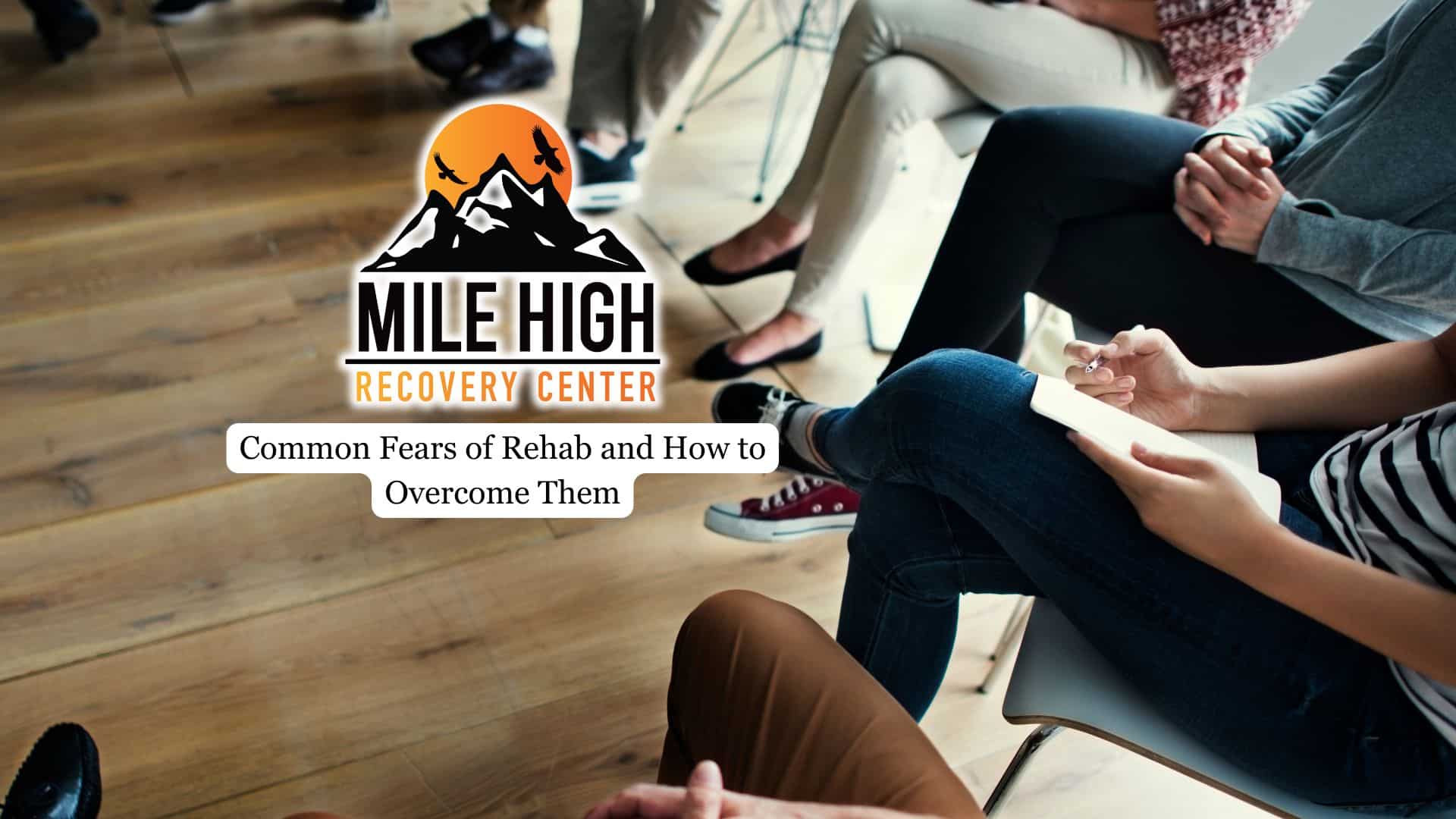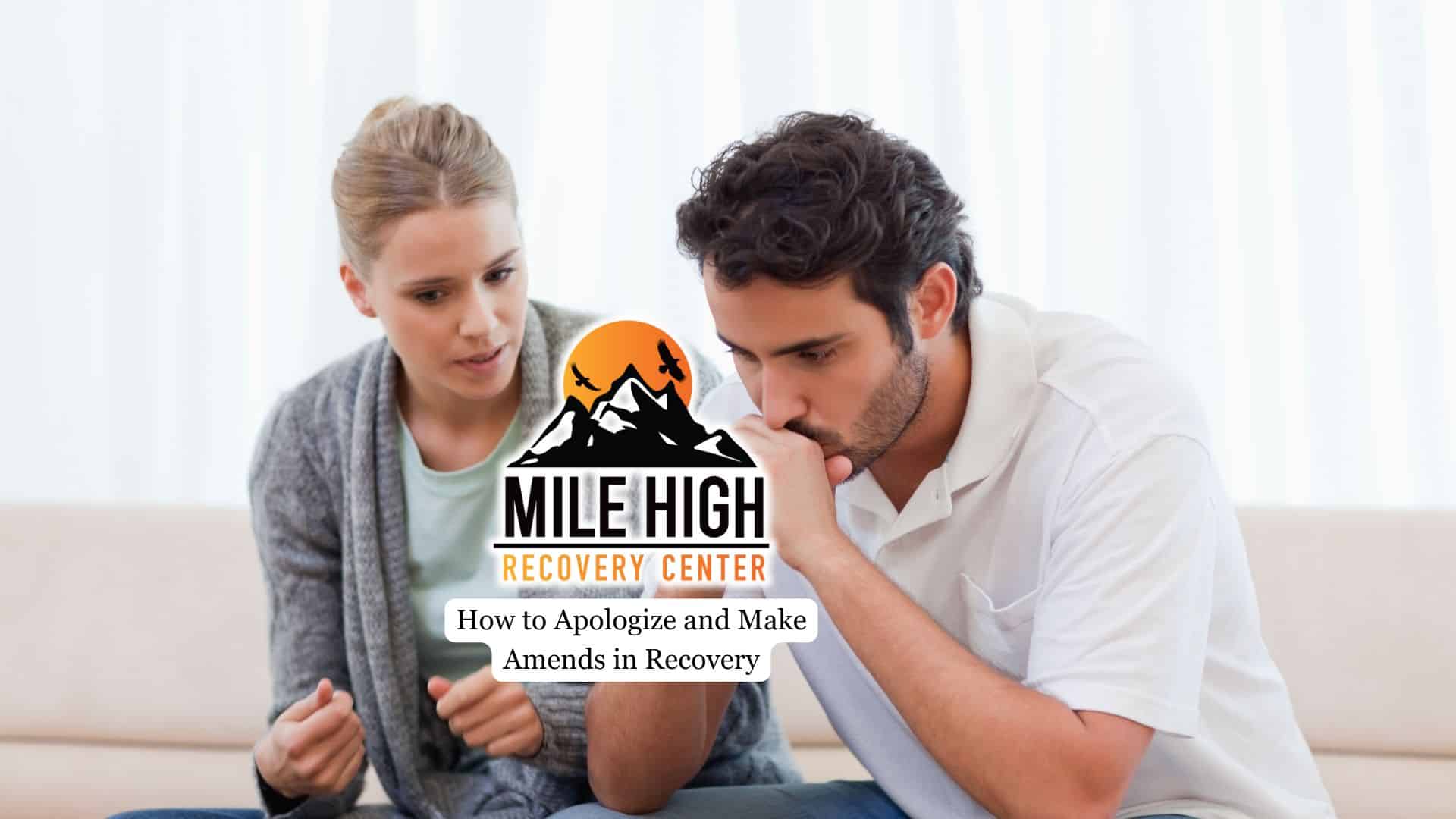The first stages of sobriety can feel both liberating and lonely. While removing substances from your life opens the door to healing, it also significantly alters your social environment. This period of adjustment often brings feelings of isolation, especially when distancing from old habits or friends tied to substance use.
This article explores practical ways to manage social isolation early in recovery, rebuild meaningful connections, and maintain emotional balance while staying committed to sobriety.

Understanding Why Isolation Happens in Early Sobriety
Removing substances often means changing your support landscape. If most time with friends is centered on drinking or using, saying “no” naturally reduces invitations, shared rituals, and casual contact. Early recovery also requires energy for medical care, sleep restoration, and emotional regulation, leaving less capacity for spending time with others. Many people who experience social isolation at this stage treat it as a temporary, situational effect of recovery, not a permanent internal flaw or a statement about their identity.
Another factor is self‑protection. Avoiding high‑risk environments is smart, but when protective distance turns into prolonged seclusion, it can intensify cravings and low mood. Keep this in view as a reminder: acknowledge the isolation without turning it into an internal reference point for self‑judgment. Recognizing this tipping point is crucial. The goal is not to reestablish old patterns, but to build a new, sober-friendly network at a sustainable pace.
Building Healthy Routines and Social Habits
Regular activities, such as morning walks, journaling, attending therapy sessions, or practicing mindfulness, can bring purpose to each day. Scheduling time for physical activity, balanced meals, and adequate rest supports both mental and emotional health, key components of successful recovery.
Incorporating social habits into your schedule is equally important. Consider joining group fitness classes, volunteering, or participating in sober living programs to connect with others who share your commitment to a substance-free lifestyle. Even small interactions, such as chatting with a barista or neighbor, can help reintroduce positive engagement without feeling pressured. These new habits replace isolation with healthy, fulfilling social patterns.
Finding Support Through Peer and Professional Communities
Support networks are essential for navigating the emotional challenges of sobriety. Peer groups, such as 12-step meetings or other recovery-based programs, provide a connection with people who understand the same struggles and share similar victories. Sharing experiences and listening to others’ journeys helps normalize your feelings and fosters accountability.
Professional support, such as therapists, counselors, or case managers, can also help individuals process feelings of loneliness and isolation. These professionals can guide you in developing coping strategies for anxiety or depression related to isolation. Participating in a group therapy program can be particularly effective, as it combines professional insight with shared peer experience, bridging the gap between emotional healing and social connection.

Staying Connected While Protecting Your Sobriety
Balancing connection and self-protection is vital during early sobriety. It’s important to maintain boundaries that protect your recovery without cutting yourself off completely. For instance, you might decline invitations to environments associated with drinking or drug use while still meeting friends for lunch or outdoor activities instead.
Technology can also serve as a lifeline for maintaining contact during periods of isolation. Video calls, online support groups, and virtual recovery meetings make it easier to connect with others even when in-person gatherings aren’t possible. Maintaining consistent communication, even through text messages or online communities, helps reduce the sense of loneliness that can lead to relapse.
Developing Emotional Resilience and Self-Compassion
Coping with social isolation also requires internal work. Emotional resilience allows you to face loneliness without letting it undermine your recovery goals. Practices such as mindfulness meditation, gratitude journaling, and affirmations help build inner strength and foster self-acceptance. Recognizing that solitude doesn’t have to mean loneliness can shift your perspective, making this stage an opportunity for self-discovery rather than a setback.
Self-compassion also plays a key role. Sobriety involves learning to forgive yourself and accept the emotional discomfort that accompanies the healing process. Treating yourself with patience and kindness helps create a healthier mindset, reducing the emotional toll of isolation and reinforcing a long-term commitment to sobriety.
Final Thoughts from Mile High Recovery
Coping with social isolation during the first stages of sobriety requires both external support and inner growth. Through peer groups, developing healthy routines, and building emotional resilience, individuals can transform isolation into an opportunity for personal development and strength. The key is to stay patient with yourself and consistent in your efforts.
At Mile High Recovery, we understand how challenging this stage can be. Our sober living program in Denver, Colorado, offers structured, substance-free housing and peer accountability to help individuals navigate social isolation during early recovery. Within this support, residents rebuild meaningful connections, practice healthy boundaries, and stabilize daily routines that support long-term sobriety. House meetings, recovery coaching, and coordination with outpatient care ensure consistent support, allowing each person to navigate early recovery with greater confidence and hope.







